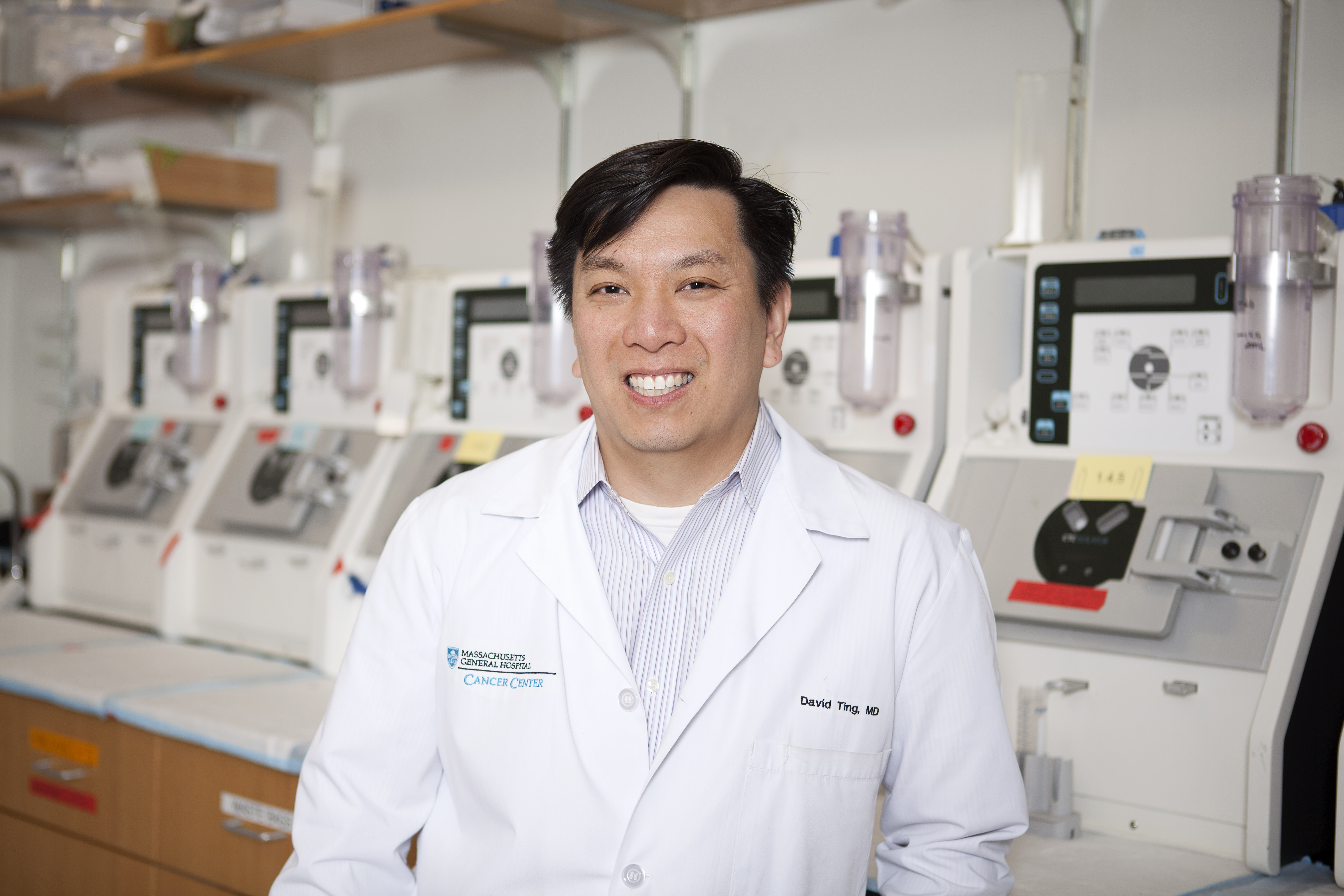Events Calendar
Abstract: Pancreatic ductal adenocarcinoma (PDAC) is characterized by a robust inflammatory response driven by cancer associated fibroblasts (CAFs) that drives the aggressive nature of this disease. We have identified large regions of the human genome composed of repetitive element sequences that produce repeat RNAs that look and behave like viruses in PDAC. These viral like elements are sensed like exogenous viruses and replicate similarly through reverse transcription, which has revealed new biomarkers and therapeutic opportunities targeting this repeatome biology. In addition, we have now found that PDAC cells are able to deliver these “viral-like” repeat RNAs in extracellular vesicles (EVs), which induces inflammatory genes in different cell types that compose PDAC tumors. We find EV repeat RNAs causes an inflammatory response in CAFs that leads to a pro-tumorigenic microenvironment. This inflammatory microenvironment induced by repeat RNAs activates a process called epithelial mesenchymal transition (EMT) in PDAC cells that confers the ability to metastasize and resist cytotoxic therapies. This has revealed mechanistic insight into this cellular crosstalk, identified potential new cancer biomarkers, and opened novel therapeutic avenues to target this disease.

About the speaker: David T. Ting, a physician scientist, cancer biologist, and bioengineer, is currently Associate Clinical Director for Innovation at the Massachusetts General Hospital Cancer Center and Associate Professor of Medicine at Harvard Medical School. Dr. Ting received his B.S. in chemical engineering and biology from MIT, MD from Harvard Medical School, and medical oncology training at the Massachusetts General Hospital and Dana-Farber Cancer Institute. Dr. Ting’s lab works on understanding RNA expression patterns in cancer to gain biological insight into the role of tumor heterogeneity in cancer progression, develop biomarkers applicable to the clinic, and to identify novel therapeutic avenues against cancer.
